Having a healthy life is not and should not be hard. Managing a healthy weight shouldn’t include crash diets, fads or starving oneself.
It is important to know the role metabolism plays in weight management.
Understanding Metabolism
Metabolism is a fundamental process within the body that involves a series of chemical reactions occurring in cells to provide energy for vital functions and activities. These reactions are essential for converting food into energy, supporting bodily functions like breathing, blood circulation, muscle contraction, digestion, and waste elimination.
Metabolism is not only about energy production but also involves the synthesis of new organic material crucial for growth, development, and reproduction.
What is Basal Metabolic Rate?
Basal Metabolic Rate (BMR) is the number of calories your body burns while at rest to maintain basic life-sustaining functions such as breathing, circulation, cell production, and temperature regulation. It represents the minimum amount of energy required by your body to perform essential functions when you are in a post-absorptive state, not actively digesting food.
BMR accounts for about 60-70% of the calories you burn daily and is influenced by various factors including age, weight, height, gender, environmental temperature, dieting, and exercise habits. It is a key component in understanding how your body utilizes energy and plays a significant role in weight management.
A higher BMR will mean it is easier for you to burn calories and thus lose weight, and vice versa.
While metabolism is partly genetic and largely outside of one’s control, it is possible to boost one’s metabolism with a proper diet and adequate exercise.
Let us take a look at some foods that will help your boost your metabolism.
Foods to boost your metabolism
Lean Protein Sources

Protein is known for its ability to boost metabolism by increasing the thermic effect of food (TEF). This means that your body burns more calories digesting protein compared to fats and carbohydrates. Opt for lean protein sources such as chicken breast, turkey, fish, tofu, and beans to fuel your metabolism and support muscle growth and repair.
Spicy Foods

Spicy foods containing capsaicin, such as chili peppers and cayenne pepper, can temporarily increase metabolism and help burn more calories. Capsaicin has been shown to stimulate the release of adrenaline, which in turn speeds up metabolism and promotes fat burning. Add a dash of heat to your meals to give your metabolism a boost.
Green Tea

Green tea is packed with antioxidants called catechins, which have been found to increase metabolism and promote fat oxidation. Drinking green tea regularly can help boost your metabolism and aid in weight loss. Enjoy a cup of green tea in the morning or as a mid-afternoon pick-me-up to reap its metabolism-boosting benefits.
Whole Grains
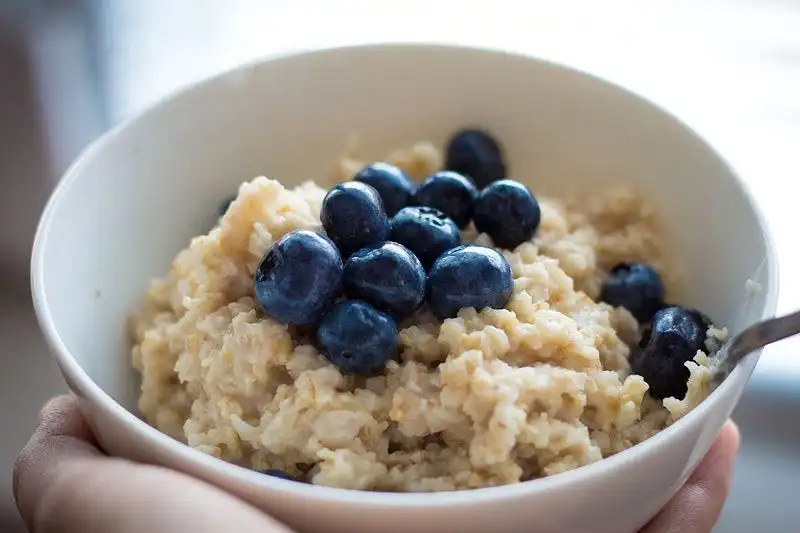
Whole grains like quinoa, brown rice, oats, and barley are rich in fiber and complex carbohydrates, which can help regulate blood sugar levels and keep you feeling full and satisfied. These foods also require more energy to digest, leading to a slight increase in metabolism. Swap refined grains for whole grains to support a healthy metabolism and overall well-being.
Berries
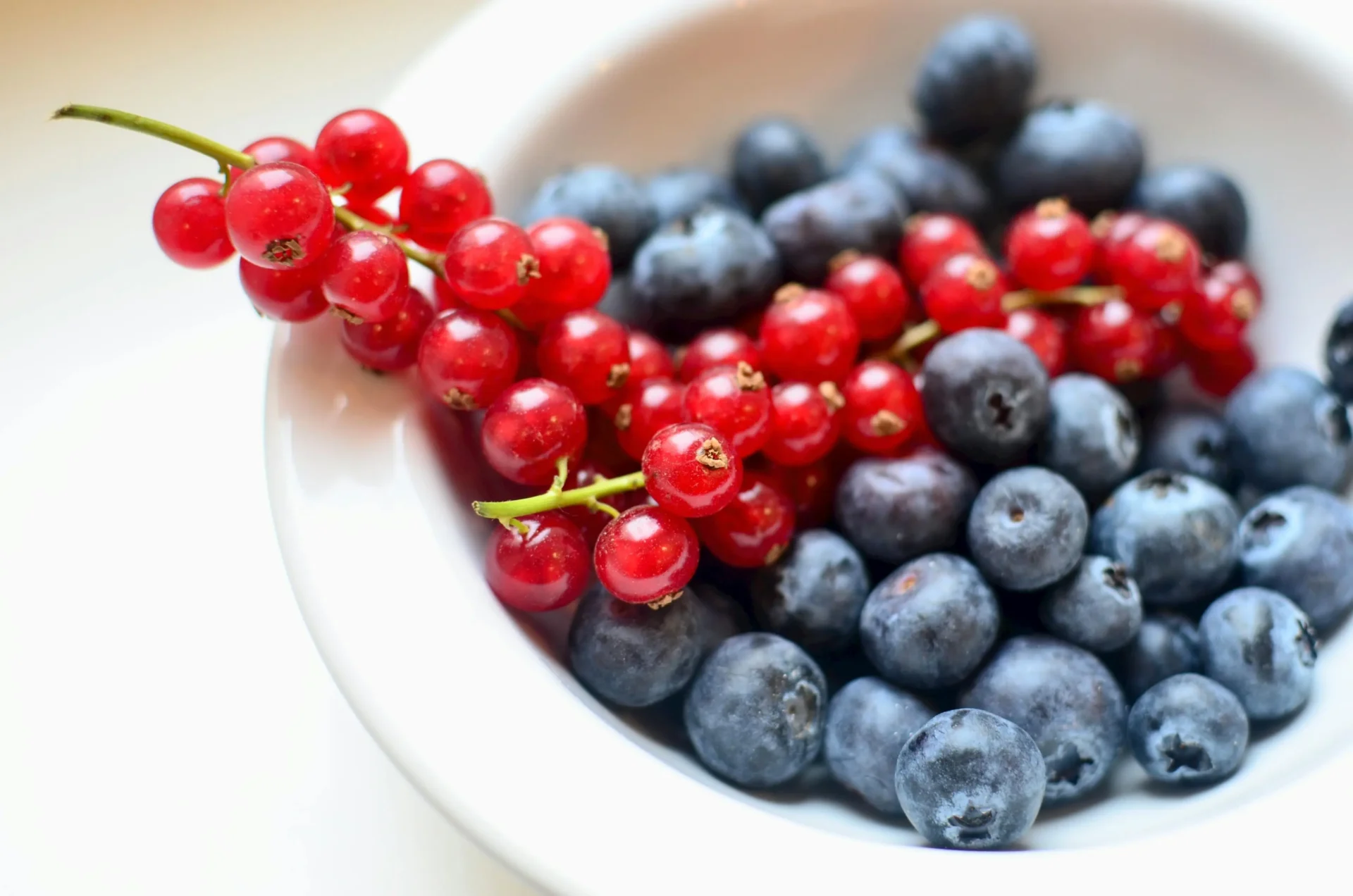
Berries such as strawberries, blueberries, raspberries, and blackberries are packed with antioxidants, vitamins, and minerals that support overall health and metabolism. The high fiber content in berries helps regulate blood sugar levels and promote feelings of fullness, making them an excellent choice for weight management. Add a handful of berries to your morning smoothie or enjoy them as a nutritious snack.
Leafy Greens
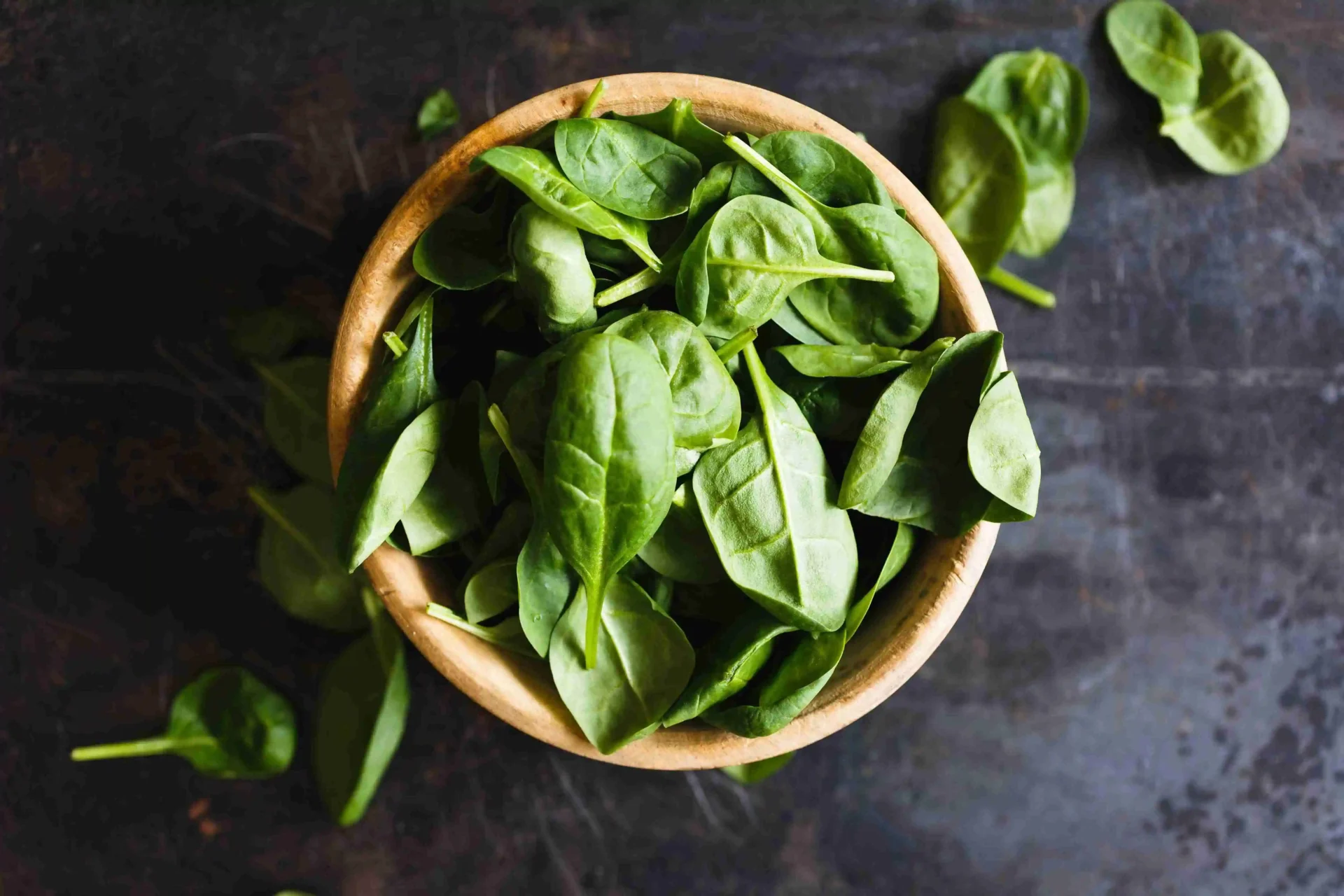
Leafy greens like spinach, kale, and Swiss chard are low in calories but high in nutrients, including iron, calcium, and vitamins A and C. These nutrient-dense foods help support a healthy metabolism and promote fat burning. Incorporate leafy greens into salads, soups, stir-fries, and smoothies to boost your metabolism and increase your intake of essential nutrients.
Eggs
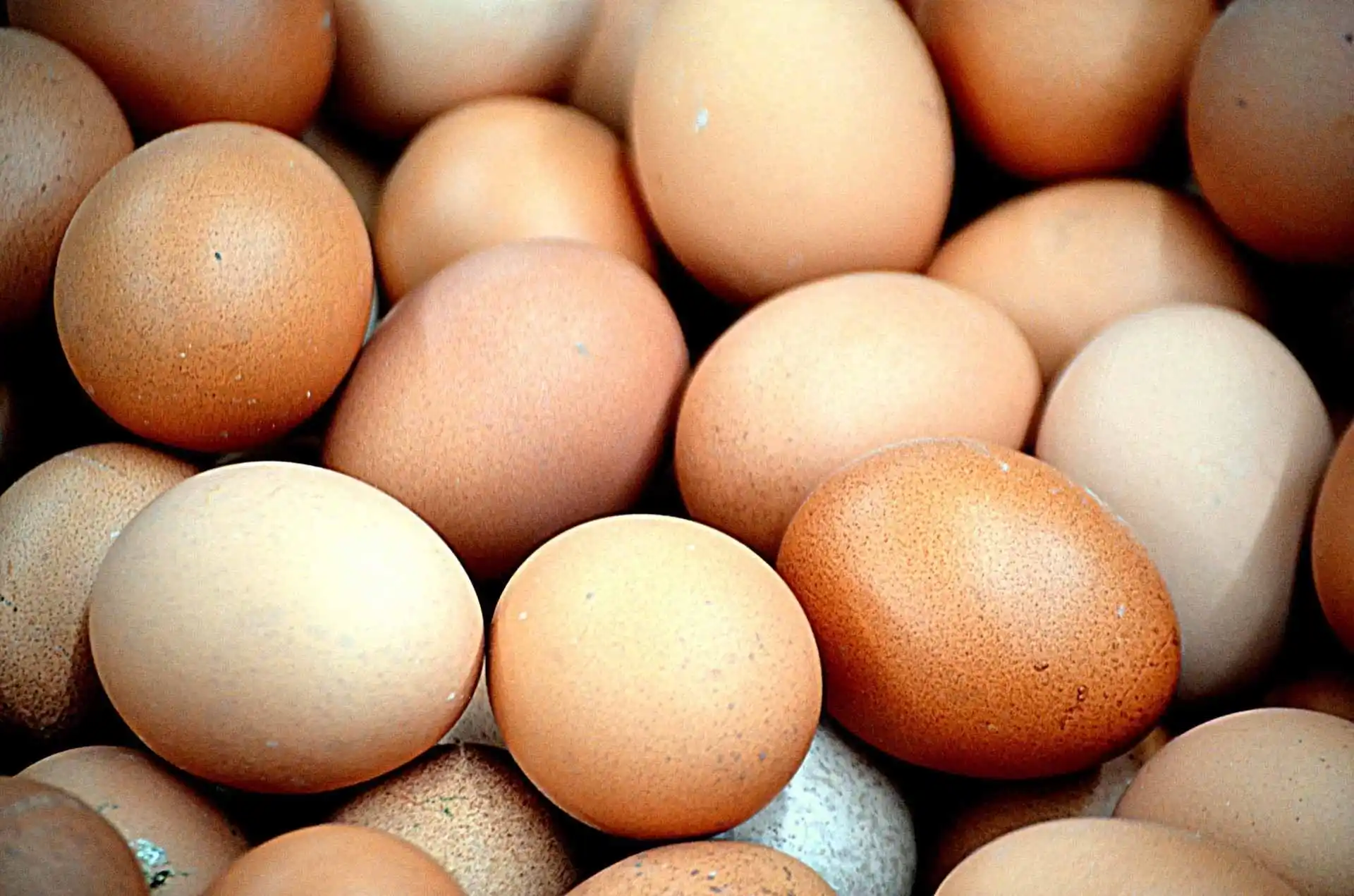
Eggs are a powerhouse of nutrition, packed with high-quality protein, vitamins, minerals, and antioxidants. Eating eggs for breakfast can help increase feelings of fullness and reduce calorie intake throughout the day, leading to weight loss. The protein and nutrients in eggs also support muscle growth and repair, further boosting metabolism.
Greek Yogurt

Greek yogurt is rich in protein and probiotics, which can help support a healthy metabolism and digestive system. The protein in Greek yogurt helps increase the thermic effect of food, while probiotics promote gut health and reduce inflammation. Enjoy Greek yogurt as a snack or add it to smoothies, parfaits, and savory dishes for a metabolism-boosting boost.
Nuts and Seeds
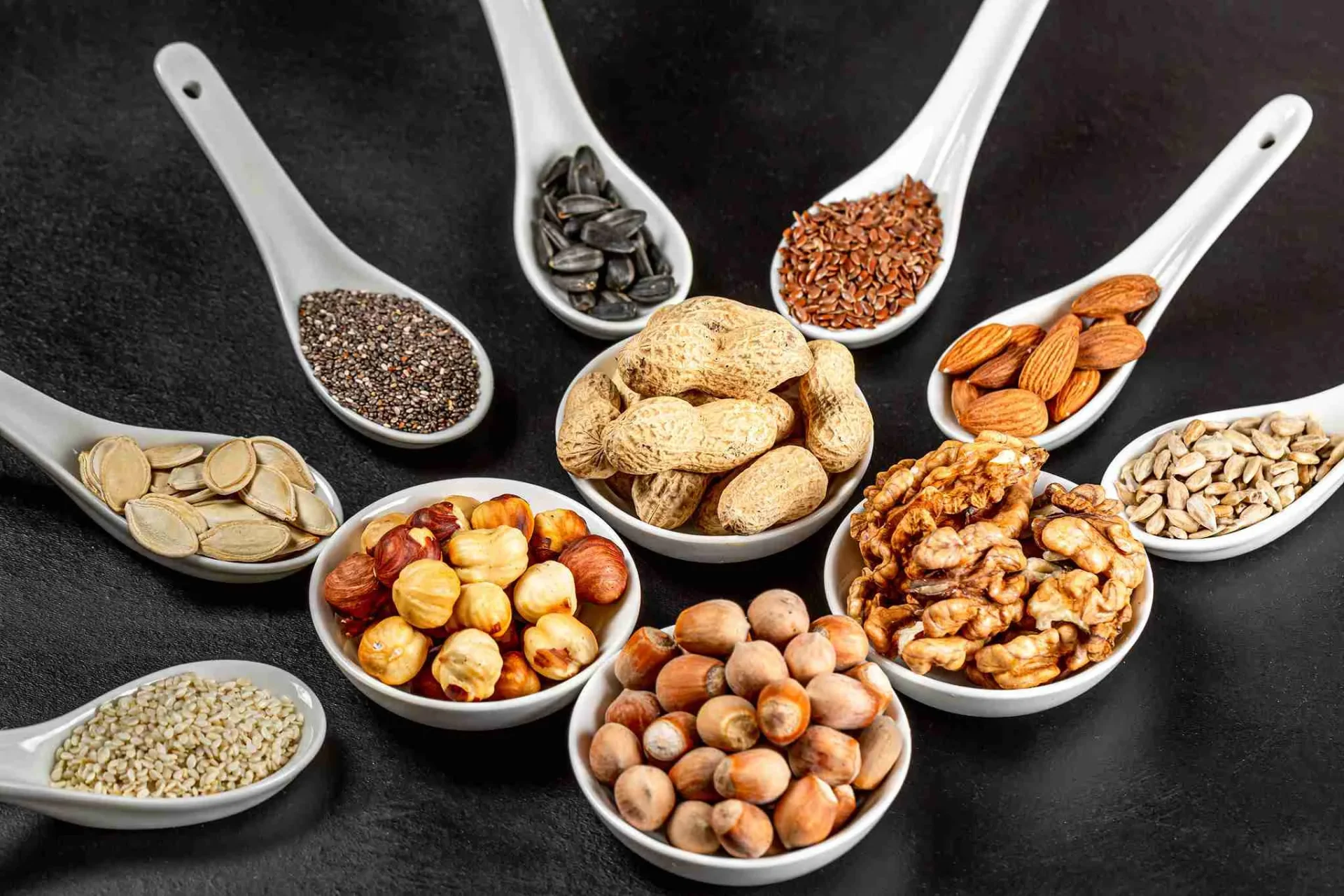
Nuts and seeds are rich in healthy fats, protein, fiber, vitamins, and minerals, making them a nutritious and satisfying snack option. The combination of protein, fat, and fiber in nuts and seeds helps regulate appetite, stabilize blood sugar levels, and support a healthy metabolism. Enjoy a handful of nuts or seeds as a snack or add them to salads, oatmeal, and yogurt for an extra metabolic boost.
Coconut Oil
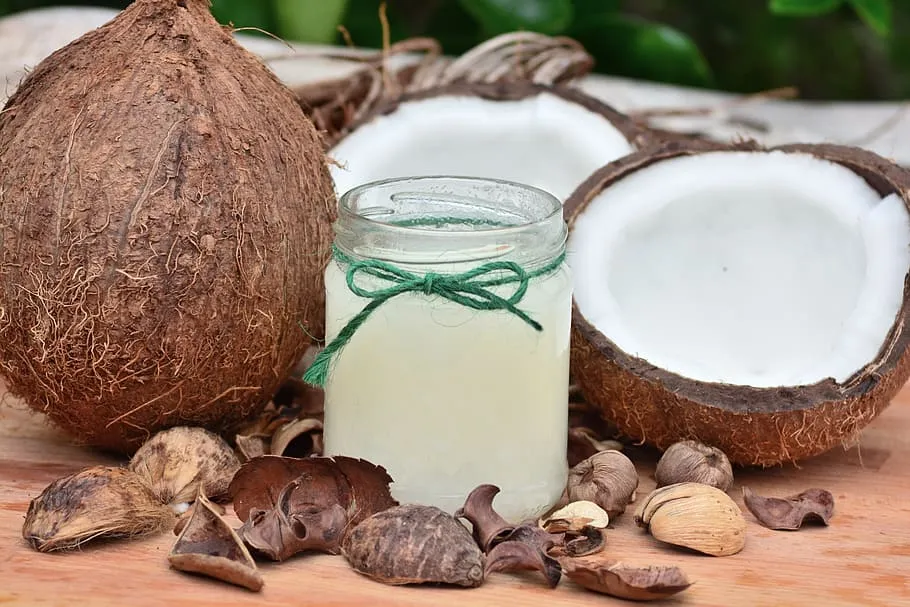
Coconut oil is rich in medium-chain triglycerides (MCTs), which are easily absorbed and converted into energy by the body. Unlike long-chain fatty acids found in most fats, MCTs are rapidly metabolized and can help increase calorie expenditure and fat burning. Incorporate coconut oil into your cooking or add it to smoothies and coffee for a metabolism-boosting boost.
Conclusion
Incorporating these 10 metabolism-boosting foods into your diet can help rev up your metabolism, burn more calories, and support your weight loss goals. Pairing these foods with regular exercise, adequate sleep, and hydration can further enhance their metabolism-boosting effects. Remember to listen to your body’s hunger and fullness cues and make sustainable lifestyle changes for long-term health and wellness.
Interested in finding your BMR? Check this out.
Read about foods that improve your gut health here